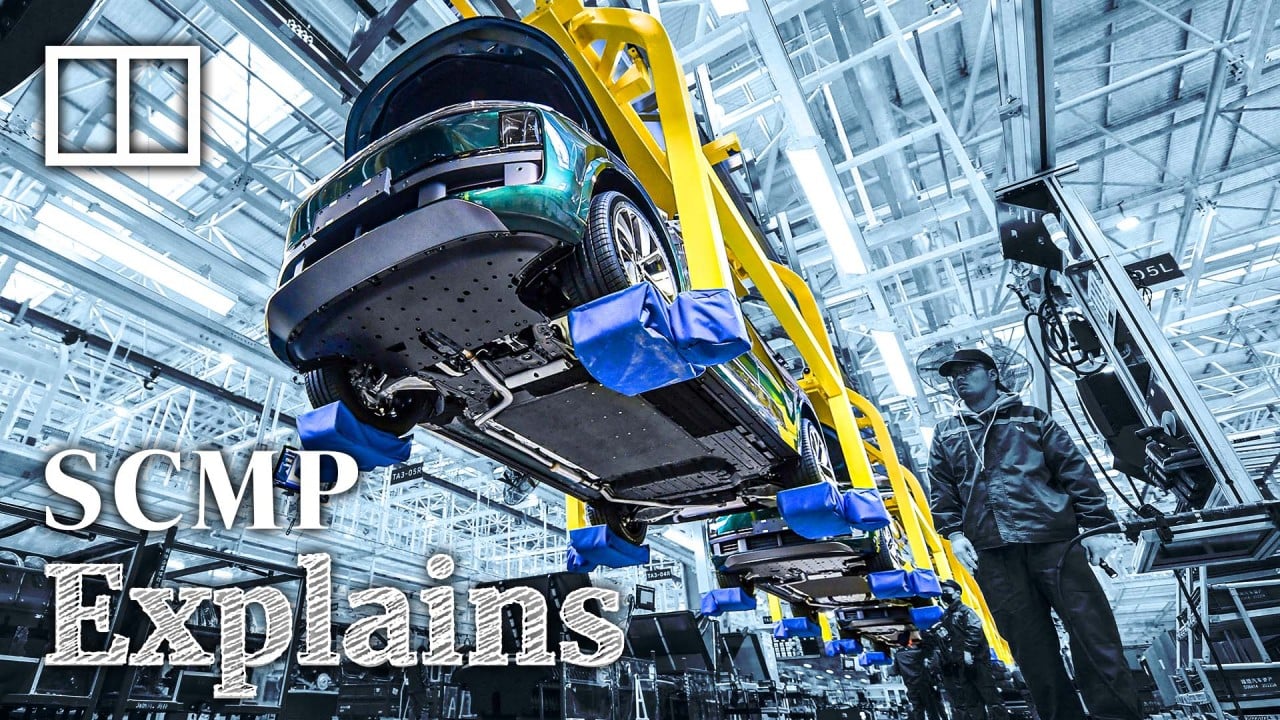BMW, GM, Toyota lose more market share in China as transition to EVs hurt deliveries
Foreign carmakers are ceding more share to local rivals, with BMW, VW and General Motors reporting further slumps in deliveries

International marques, through their local joint ventures, delivered 480,000 units in August, a 27 per cent slump from a year earlier, the China Passenger Car Association (CPCA) said. Their market share shrank to 36.6 per cent from 48 per cent over the same period. BMW’s number plunged 42 per cent to 34,846 units.
The rapid decline contrasted with the dominance of foreign brands only a decade ago, when they commanded 80 per cent of the market, before the shift to electric vehicles (EV) gained momentum and concerns about climate change and carbon emissions heightened.
“A tiny proportion of electric car [offerings] by the foreign brands caused them to lose appeal to Chinese shoppers,” said Cui Dongshu, CPCA’s general secretary in Shanghai. “On the contrary, home-grown players powered ahead in August with surging EV sales.”
Sales of EVs – comprising battery-driven models and hybrids that run on petrol-and-battery engines – jumped by 43.2 per cent to 1.03 million units last month, making up 53.9 per cent of deliveries nationwide. EVs also outsold petrol-guzzling cars in July, by 51.1 per cent to 48.9 per cent, the association said.
Among deliveries by indigenous car brands, nearly four out of every five cars, or 75.9 per cent, were either pure electric or plug-in hybrid models.

